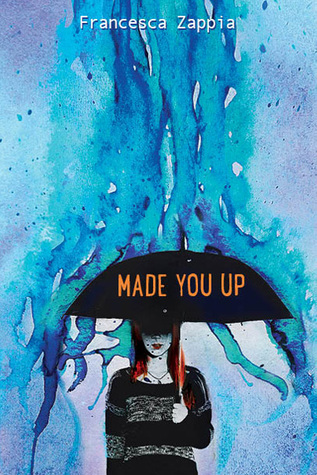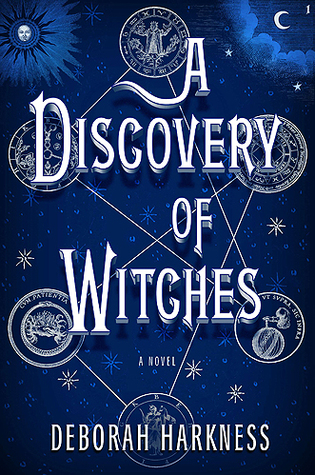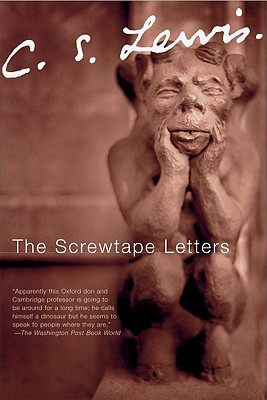Loverboy likes to spend his days reading subreddit’s on Brandon Sanderson books and creating his own fan theories. Due partly to his extensive research, we’ve begun talking about the elements of religion in Sanderson’s books.
Religion influencing fantasy writers isn’t new at all. I recently posted a link round-up of articles regarding J.R.R. Tolkien’s Catholicism influencing his writing (and here is a new article regarding that as well), so this has been on my mind quite a bit. In my research, I’ve found that there is a lot of speculation on Reddit and on 17th shard regarding Sanderson’s religious views and their influence on his writing, but very few articles. My interest lies in seeing how Sanderson’s religious views show up in his writing.
Just so we’re clear, I’m LDS, as is Sanderson, so a lot of the elements in his stories seem familiar to me and remind me of LDS history and stories that may not have any meaning to non-Mormon fans of Sanderson. For that reason, I’ll be going more in-depth regarding Mormon tales and history in order to make my comparisons clear. In some cases, I’ve found that my initial findings were wrong and there doesn’t seem to be a big correlation between Mormon beliefs and Sanderson’s characters. However, today, I think I’ve found an interesting correlation.
There may be spoilers ahead, so please read carefully!
Adolin Kholin, a main character in Sanderson’s Stormlight Archive series, is a Brightlord (nobility) and a solider. Towards the end of Words of Radiance, Adolin is presented with an opportunity to confront Sadeas, another Brightlord who has threatened Adolin’s father’s work (Adolin’s father, Dalinar, is pushing for people in their land to begin following the advice and instructions found in a book - The Way of Kings - the ideals of which he’s begun following). Sadeas provokes Adolin and Adolin stabs Sadeas in the eye, covers his tracks, and leaves the scene of the murder, acting as though nothing has happened when he returns to his friends.
For readers, this sudden attack from Adolin is unexpected, out of character, and changes any theories for how the next book will end up. And one can’t help but ask- was Adolin justified in killing Sadeas? Or did this brutal murder show a darker side of our hero? And, in a broader sense, can someone be justified in killing someone who stands in the way of spreading religious or ideological beliefs?
The moral conflict in this reminded me greatly of Nephi, an individual whose tale is mentioned in the Book of Mormon. In 1 Nephi 3 and 1 Nephi 4, Nephi is confronted with a somewhat similar situation. Nephi’s father is a prophet in Jerusalem around 500 AD and has spent a significant amount of time telling the people to repent and turn to God. After a time, Nephi’s family leaves Jerusalem and begins to travel to a new land. Nephi and his brothers are soon sent to return to Jerusalem to retrieve some records (containing religious materials and family records) from a man called Laban. After several unsuccessful attempts to have Laban give them the records, Nephi finds Laban drunk and passed out in the street. Nephi is instructed by God to kill Laban. When Nephi expresses that he doesn’t want to kill someone, God tells Nephi, “It is better that one man should perish than that a nation should dwindle and perish in unbelief” (1 Nephi 4:13). Nephi kills Laban, retrieves the records, and returns to his family.
When faced with similar predicaments, Adolin and Nephi respond in the same way (though with completely different attitudes). Other details of the story are also eerily similar in many ways. Both Adolin and Nephi are acting to save their fathers’ honor and to enable their fathers to help teach others the beliefs that their fathers hold dear. Both sons are on board with their fathers’ beliefs (Nephi is from the beginning, while Adolin takes a little more convincing). Both sons justify their actions. There are some differences, as well. Adolin acts in the heat of the moment and rushes into killing Sadeas, while Nephi is very thoughtful, initially hesitant, but ultimately purposeful in his actions. Nephi’s record states “And it came to pass that I was constrained by the Spirit [of God] that I should kill Laban; but I said in my heart: Never at any time have I shed the blood of man. And I shrunk and would that I might not slay him” (1 Nephi 4:10). Where Adolin kills out of anger and vengeance, Nephi tries to resist killing until God tells him there are no other options.
Part of the reason for Nephi’s hesitance and Adolin’s vigor in killing may spring from their difference backgrounds. Nephi was raised in Jerusalem and is very clear that he has never killed. Adolin, on the other hand, has been a soldier for his entire life and is surrounded by bloodshed. However, regardless of their attitudes towards killing, both men act in the same way - striking down the person that stands in the way of their fathers spreading their message.
The similarities between the fathers are uncanny. Both men are known to have visions (Dalinar dreams of the Knights Radiant throughout both The Way of Kings and Words of Radiance, while Lehi, Nephi’s father, dreams of the destruction of Jerusalem in 1 Nephi 1:5-18. Both Dalinar and Lehi are being mocked (and threatened) because they’re open about their beliefs in these visions, while many others regard them as crazy. Both men try to bring others to their beliefs and eventually have to evacuate their original geographic location because of the opposition to these beliefs.
There are fewer similarities between the deceased - Sadeas and Laban. While Sadeas has been a major character throughout both The Way of Kings and Words of Radiance in antagonising Dalinar and Adolin, Laban is a character that we know nothing about until Nephi is sent to retrieve the records from him. Laban is rude when confronted by Nephi and his brothers and tries to kill the boys at one point, but he is a small part of the story and very little is known about him outside of his possession of the records. Sadeas, on the other hand, is a character that we know quite a bit about. He used to be a great friend of Dalinar’s, yet now he opposes Dalinar and poses a huge threat to the entire Kholin family. However, both men end up being killed in cold blood.
Interestingly enough, in both cases, we don’t see any remorse after the killing is done. Nephi never again mentions the story in his record, so we don’t know if he had any lingering guilt or if he was completely comfortable with what he had done. Since Nephi feels the need to justify his actions so much in his recording of events, it could be surmised that he felt bad killing Laban, but didn’t regret following God’s instructions. Since Adolin acts at the very end of Words of Radiance, we have yet to see how he’ll live with his actions. What intrigues me is the fathers’ reactions to their sons deeds. From what I know of Nephi and Lehi, I can only envision Lehi feeling sad about what happened, but ultimately saying that the ends justify the means (especially when God tells you to kill someone). Dalinar, from what I know of him, will probably not react the same way to Adolin’s actions. I guess we’ll have to wait and see in Oathbringer.
It is interesting to see how the similarities in the situations outweigh the differences. LDS people frequently reference this part of Nephi’s story as a defining moment for him - a moment when Nephi must choose God’s direction over his personal moral beliefs. Nephi shows great humility in putting God’s instructions above his own ideals. Nephi goes on to become the leader of his people and a prophet of God - because of (and not in spite of) his decision to kill someone who stood in his way. I’m interested in seeing how a similar situation will change Adolin’s character and if it will come to define him more than anything else, for it seems that Adolin did not act in humility, but out of bloodlust and anger.
Ultimately, it is a fascinating moral dilemma and I’m interested in seeing how Sanderson addresses it in Oathbringer - and how Adolin handle the repercussions of being Sadeas’ murderer. Will this become a defining moment for him - like it was for Nephi? Or is this the beginning of Adolin’s descent into evil?
















